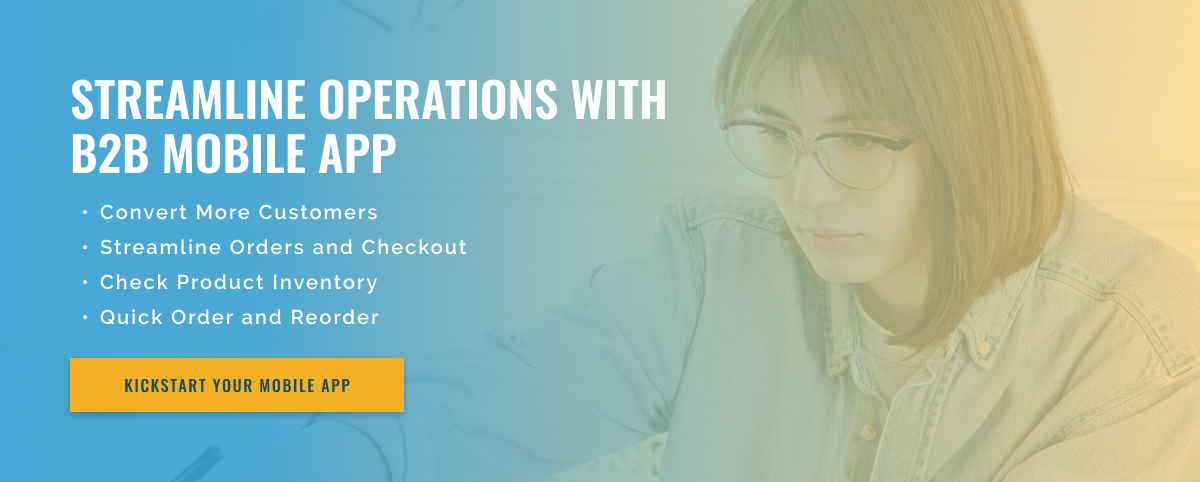3 minute read
Transforming B2B Mobile Apps with Machine Learning
In today’s digital age, businesses rely heavily on mobile technology to streamline their operations and stay connected with their customers. B2B mobile applications, in particular, are becoming an increasingly popular tool for communicating and concluding transactions with other companies. As the demand for more efficient and user-friendly B2B mobile applications continues to grow, companies are turning to machine learning to improve the functionality of these applications.
But what exactly is machine learning? Simply put, it is a subset of artificial intelligence that allows computers to learn and improve from experience without direct programming. Essentially, it allows your application to recognize patterns and make decisions based on data, making it more intelligent and efficient over time.
How can B2B mobile apps use machine learning to improve functionality? Let’s dive into the possibilities.
1. Personalized recommendations and suggestions: B2B mobile apps can use machine learning algorithms to analyze user behavior and preferences, leading to personalized product recommendations and suggestions. This can significantly improve the user experience because it saves time and effort in searching for suitable products or services. Moreover, this feature can also help companies cross-sell and up-sell their products or services to existing customers, leading to increased sales and customer retention.
2. Real-time analytics and insights: One of the greatest benefits of machine learning is its ability to analyze large amounts of data in real-time. B2B mobile apps can use this feature to provide businesses with valuable insights and analytics, helping them make more informed decisions. For example, the app can analyze sales data and provide insight into best-selling products, customer preferences, and market trends, helping companies develop strategies and make better decisions.
3. Automated processes and tasks: Machine learning can also be used to automate various tasks and processes in B2B mobile applications, saving time and reducing human errors. This can include automating tasks such as data entry, invoicing, and customer service, leading to increased efficiency and productivity for businesses.
4. Personalized customer service: In the B2B world, customer service is crucial to building and maintaining relationships with other companies. Machine learning can enable B2B mobile apps to deliver personalized customer service by using data to understand and predict customer needs and preferences. Additionally, chatbots powered by machine learning can handle simple questions, allowing agents to handle more complex queries.

